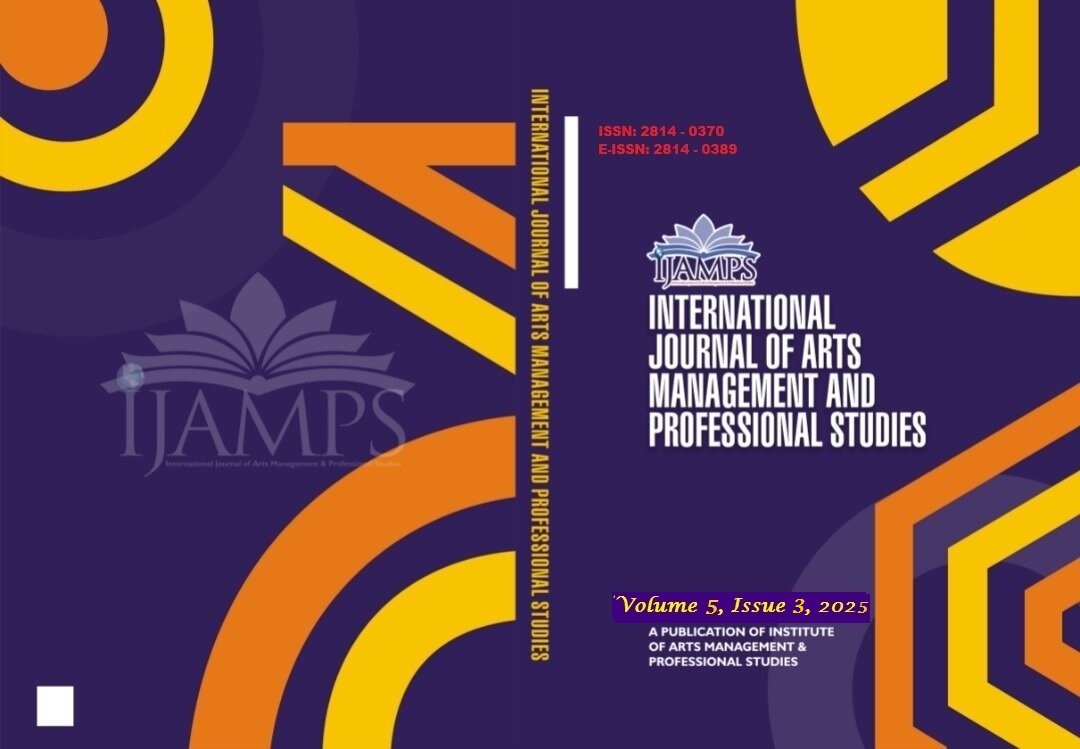
Smart Energy Solutions For Sustainable Rural Electrification: A Nigerian Policy Framework Analysis
Dr. Bassey Moses Ogar
Volume 5, Issue 3, September 2025
This study examines Smart Energy Solutions for rural electrification in Nigeria through renewable energy technologies. The study employed a mixed-methods approach including surveys (n=245), structured interviews (n=18), and case analyses (n=5) to assess rural electrification challenges. Survey data revealed stark disparities between urban areas with 84-90% electrification rates and rural regions with only 33-43% access, where diesel generators remain the primary power source despite their economic and environmental costs. Statistical analysis of implementation data from government agencies demonstrated that microcontrollers, Wi-Fi modules, and current sensors significantly improved energy distribution efficiency (p<0.05) and contributed to sustainability metrics aligned with UN Sustainable Development Goal 7. However, multiple regression analysis identified four primary barriers to SEMS implementation: technical constraints (β=0.68), specialist shortages (β=0.57), high implementation costs (β=0.63), and legal constraints (β=0.49). Financial analysis of World Bank-sponsored projects, including the $750 million DARES program utilizing mesh-grid technology, indicated promising cost-benefit ratios (2.3:1) for rural communities. The research recommends establishing appropriate legal frameworks (identified as critical by 87% of experts surveyed), adopting innovative financing models, implementing participatory design approaches (correlation coefficient r=0.72 with project sustainability), and developing training programs to build local capacity. These interventions require coordinated investment from government, private sector, financial institutions, and community stakeholders to effectively implement energy policies that electrify rural Nigeria.